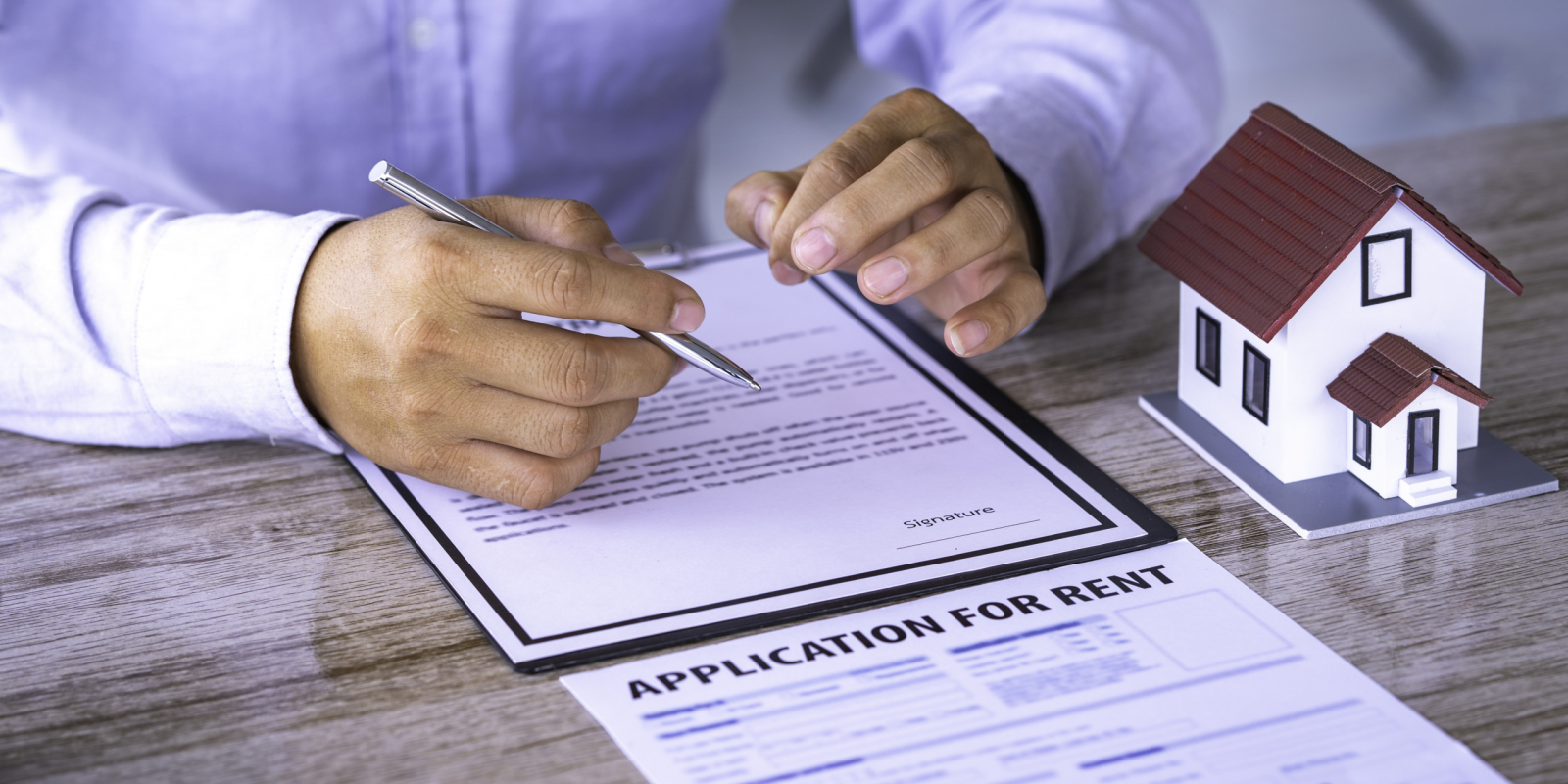What to Do As a Seller

Selling real estate is a multifaceted endeavor that requires careful planning, strategic thinking, and a deep understanding of the market dynamics. Whether you are a seasoned professional or a first-time seller, navigating the complexities of the real estate landscape can be challenging.
As a seller, strategic planning is paramount. Begin by comprehensively assessing your property’s market value through a thorough analysis of current trends and comparable listings. Enhance your property’s appeal with accurate staging and repairs, creating a positive first impression. Implement a robust marketing strategy, utilizing online platforms and traditional methods to maximize visibility.
Role of Listing Agent

The listing agent plays a pivotal role in real estate transactions, serving as the primary representative for property sellers. Their responsibilities encompass a spectrum of tasks, including conducting a comprehensive market analysis, determining an optimal listing price, and effectively marketing the property.
A skilled listing agent employs strategic negotiation techniques to secure favorable deals and guides sellers through the intricate process, ensuring legal compliance and seamless transactions. With a deep understanding of the local real estate market, the listing agent is instrumental in positioning properties competitively, attracting potential first time buyers, and ultimately facilitating successful sales while prioritizing the best interests of their clients.
1. Understanding the Market
- Conduct a Market Analysis: Before listing your property, conduct a thorough market analysis. Understand the current trends, comparable property prices, and the demand-supply dynamics in your area. This analysis forms the foundation for setting a competitive and realistic asking price.
- Know Your Target Audience: Identify your target audience. Different demographics may be interested in various aspects of your property, so tailor your marketing strategy to appeal to the specific needs and preferences of potential buyers.
2. Preparing Your Property
- Enhance Curb Appeal: Enhance the curb appeal of your property by maintaining a well-kept exterior, manicured landscaping, and a clean entrance. This creates a positive initial impact on potential buyers.
- Home Staging: Consider professional home staging to showcase your property in its best light. It involves arranging furniture and decor to highlight the property’s strengths and create an inviting atmosphere for potential buyers.
- Repairs and Maintenance: Find out essential repairs and perform routine maintenance tasks. A well-maintained property not only attracts buyers but can also justify a higher asking price.
3. Marketing Your Property
- Traditional Marketing: While online marketing is crucial, don’t overlook traditional methods. Use signage, brochures, and local advertising to maximize your property’s visibility.
- High-Quality Photography: Invest in professional photography to capture your property’s features accurately. High-quality visuals can significantly impact a buyer’s decision-making process.
- Online Presence: Leverage online platforms to market your property. use real estate websites, social media, and other digital channels to reach a broader audience. Engaging content, virtual tours, and 3D walkthroughs can enhance the online experience for potential buyers.
4. Pricing Strategies
- Competitive Pricing: Set a competitive and realistic asking price based on your market analysis. More expensive can deter potential buyers, on the other hand underpricing may undervalue your property.
- Negotiation Skills: Develop effective negotiation skills. Be prepared to discuss and negotiate terms with potential buyers, taking into consideration market conditions and buyer expectations.

5. Working with Professionals
- Legal Guidance: Consult with a real estate attorney to ensure all legal aspects of the transaction are handled correctly. This includes reviewing contracts, and disclosures, and addressing any potential legal issues.
- Real Estate Agent: Consider to hire an experinced real estate agent. An experienced agent brings market knowledge, negotiation skills, and a network of potential buyers, streamlining the selling process.
6. Closing the Deal
- Open Houses and Showings: Organize private showings and open houses to allow potential buyers to experience your property. Ensure that your property is well-presented during these events.
- Timely Responses: Promptly respond to inquiries and offers. Timely communication builds trust and keeps the selling process moving smoothly.
- Due Diligence: Be prepared for the due diligence process. Buyers may conduct inspections and appraisals, so having your property in top condition can expedite the closing process.
- Closing the Sale: Work closely with all parties involved to facilitate a smooth closing process. Be aware of the necessary documentation and coordinate with the buyer, their agent, and any other relevant parties to finalize the sale.
7. Post-Sale Considerations
- Transition Planning: Plan for your transition, especially if you’re also purchasing a new property. Coordinate closing dates and ensure a seamless move from your current residence.
- Client Feedback: Request feedback from your real estate agent and buyers. Understanding their perspectives can provide valuable insights for future transactions.
Conclusion
Selling real estate requires a strategic approach, attention to detail, and effective communication. By understanding the market, preparing your property meticulously, implementing targeted marketing strategies, and collaborating with professionals, you can maximize your chances of a successful sale.
Whether you’re selling a residential property or commercial real estate, following these comprehensive steps will help you navigate the selling process with the benefits of purchasing an assignment and achieving optimal results in the dynamic real estate market.







